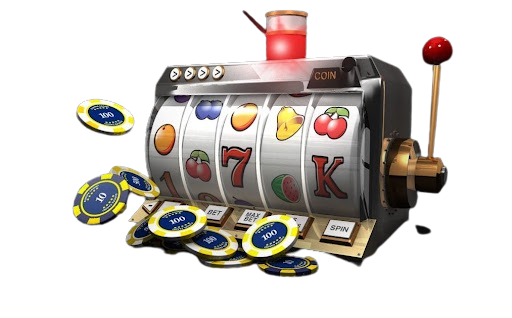Introduction:
In the fast-paced and interconnected world of today, online gaming has emerged as a cultural phenomenon that transcends geographical boundaries, bringing together millions of individuals in a virtual realm where entertainment, competition, and social interaction coalesce. This article explores the evolution, dynamics, and impact of online gaming, shedding light on its cultural significance and the transformative role it plays in shaping modern leisure activities.
- A Brief History of Online Gaming:
The roots of online gaming can be traced back to the early days of computer networks and the advent of the internet. In the 1970s and 1980s, primitive text-based games paved the way for more sophisticated multiplayer experiences. With the widespread ASTONSLOT availability of high-speed internet in the late 20th century, online gaming witnessed an explosion in popularity, evolving from simple two-player interactions to massive multiplayer online games (MMOs) that host thousands of players simultaneously.
- Diverse Gaming Platforms and Genres:
Online gaming is not confined to a single platform or genre. From PC and console gaming to mobile platforms, the accessibility of online games has never been greater. Various genres, including first-person shooters, role-playing games, strategy games, and sports simulations, cater to a broad spectrum of tastes and preferences. Esports, competitive online gaming at a professional level, has also gained prominence, with tournaments offering substantial prize pools and a dedicated fan base.
- The Social Fabric of Online Gaming:
One of the defining features of online gaming is its capacity to facilitate social interactions. Multiplayer games often include communication features such as voice chat, messaging systems, and social hubs, fostering a sense of community among players. Friendships and even romantic relationships can develop through shared gaming experiences, transcending physical distances and cultural barriers.
- Challenges and Controversies:
While online gaming has brought about positive changes, it is not without its challenges. Concerns about addiction, cyberbullying, and the potential for negative impacts on mental health have been raised. Game developers and platforms are increasingly focusing on implementing measures to promote responsible gaming, including usage limits and content moderation.
- Technological Advancements and Virtual Realities:
As technology continues to advance, online gaming experiences are reaching new heights. Virtual reality (VR) has opened up immersive possibilities, allowing players to step into virtual worlds and interact with games in unprecedented ways. Augmented reality (AR) is also making its mark, blending the virtual and physical realms for a more integrated gaming experience.
- Impact on Industry and Economy:
The online gaming industry has grown into a multi-billion-dollar powerhouse, driving innovation and contributing significantly to the global economy. Game developers, streaming platforms, and esports organizations are among the beneficiaries of this booming industry, with a diverse array of career opportunities emerging for professionals ranging from game designers to content creators.
- Looking Ahead: The Future of Online Gaming:
The future of online gaming holds exciting possibilities. With advancements in technology, artificial intelligence, and networking, we can anticipate more immersive, realistic, and socially connected gaming experiences. The rise of cloud gaming and the integration of gaming into everyday life are likely to further shape the landscape of online gaming in the years to come.
Conclusion:
Online gaming has come a long way from its humble beginnings, transforming into a global cultural phenomenon that transcends age, gender, and nationality. As technology continues to advance, the impact of online gaming on entertainment, social interaction, and the economy is only set to grow. The digital odyssey of online gaming is an ever-evolving adventure, shaping the way we play, connect, and experience leisure in the 21st century.